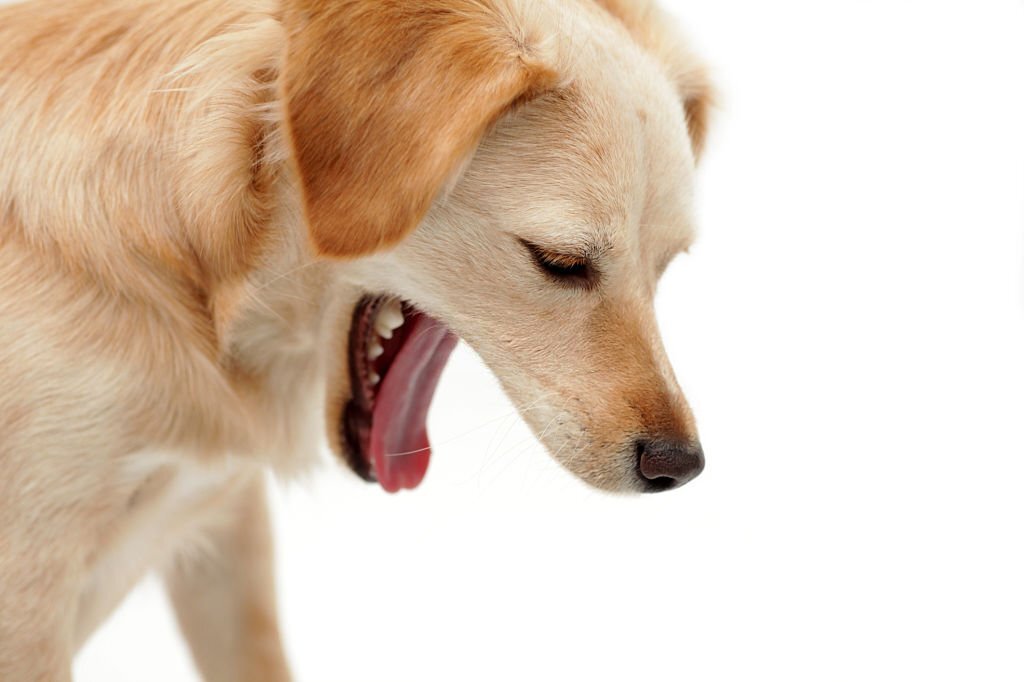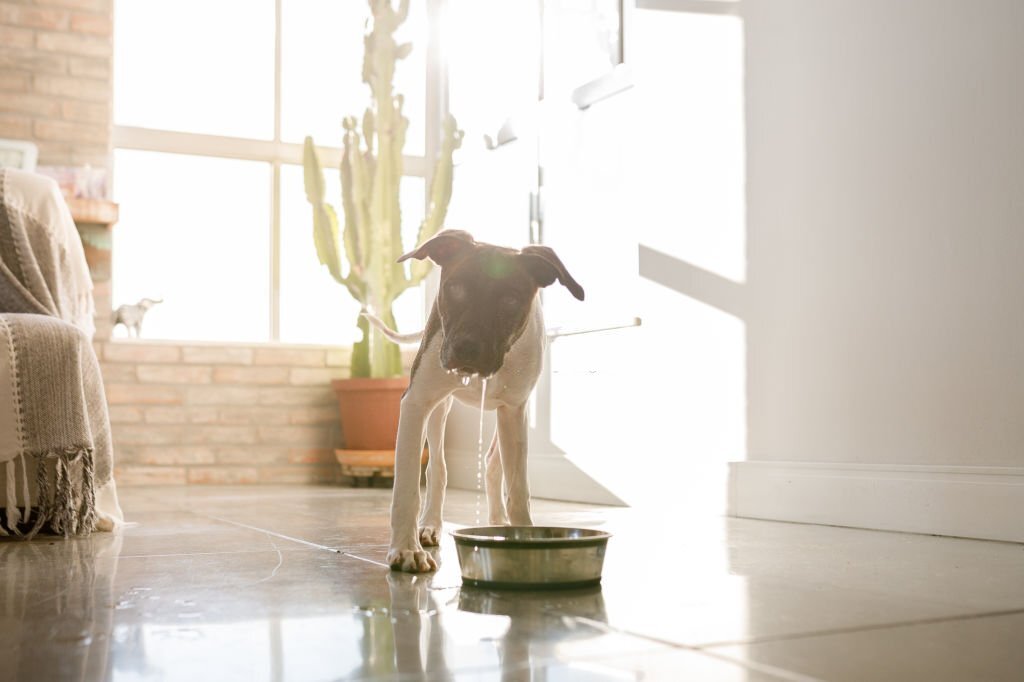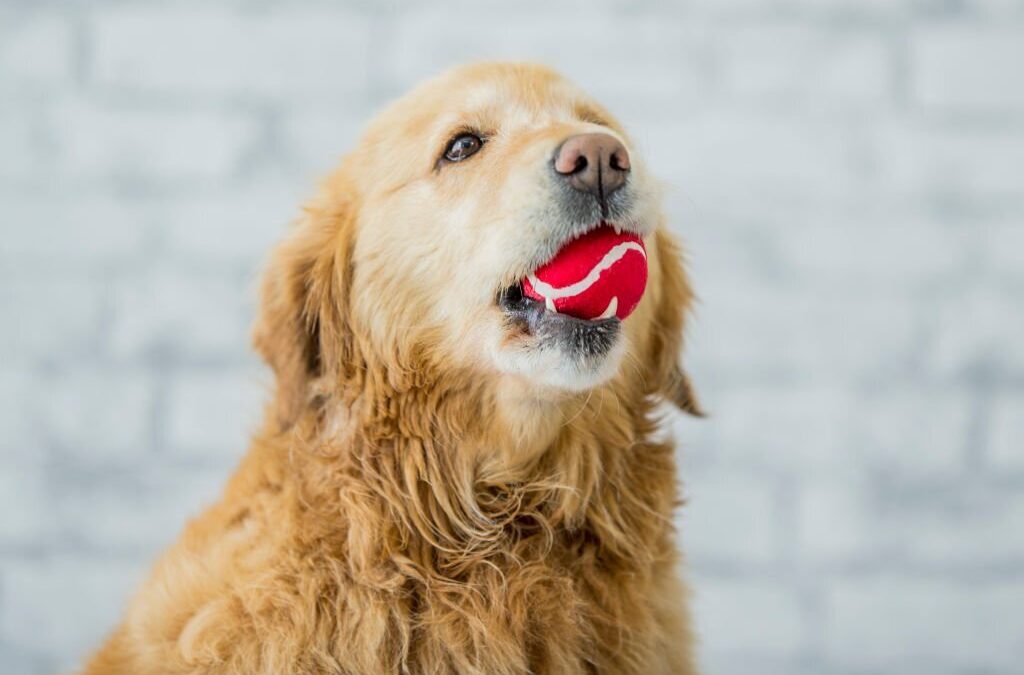A foreign body is an item that originates outside of the body and enters through either being eaten, inhaled, or penetrating the skin (such as grass seeds). When eaten, some objects may get stuck somewhere along the digestive system because of their size or shape and result in your pet needing urgent veterinary care. Certain breeds are more prone, as they are known for not being picky eaters and we certainly see our fair share of Staffies, Golden Retrievers and Burmese cats!
It is also more common with younger animals when “testing things out” for texture and taste. Over the years we have also had a few pets with Pica, a behavioural disorder that causes them to eat things they shouldn’t!
The location and degree of blockage caused by a foreign body will determine the presenting signs, the likely outcome, as well as the most appropriate treatment. It is very important that you contact your vet as soon as you know or even suspect that your pet has eaten something it should not have.
Common objects that are ingested:
Some of the more common foreign include:
- Corn cobs
- Sticks
- Bones
- Underwear
- Bedding – especially the stuffing
- Toys – or bits of them
- Fishing hooks
- Stone fruit pips
What happens when a foreign body is ingested?
Some objects are small and smooth enough to pass right through the system without causing a problem, and the first you know about it is when they are found in your pet’s poo. Larger objects can get stuck within the oesophagus, stomach or intestines and block any food from getting through, causing your pet to vomit.

The higher they are in the digestive tract normally the more aggressive the pet will vomit. This becomes more of a problem when the peristaltic (or squeezing) motion of the muscular gut wall, tries to push the foreign body along. If the object is not removed the bruising and the pressure that builds up in the tissue around it can result in the blood supply to the gut wall being damaged. In the worst-case scenario, the gut wall can then leak or rupture where bacteria and digested content can enter the abdomen causing severe pain, peritonitis, shock and eventual death. This is also a huge risk with sharp objects like fishhooks, skewers, staples etc. and yes, we have seen them all.
A linear foreign body (eg. string, hair ties, shoelaces, think – the old cat likes to play with the ball of wool trick) may be caught in the mouth but start to travel through the intestines. This results in the intestines starting to bunch up and there is a high risk of the string cutting through the intestines. These are more common in cats, so if your cat has a fabric fetish be especially mindful to keep these sorts of things out of reach.
What are the clinical signs and symptoms that can indicate my pet has ingested a foreign body?
The clinical signs observed vary significantly and depend on the degree of the blockage, location, duration, and type of foreign body. Commonly noted signs include:
- Vomiting/regurgitation
- Loss of appetite
- Lethargy
- Restlessness
- Drooling
- Panting (due to pain)
- Abdominal pain
- Diarrhoea (+/- blood)
- Evidence of the foreign body (ie bone stuck in mouth)

What should I do if my pet has swallowed a foreign object?
It is important that you contact your vet straight away to let them know what has happened. Even if you are suspicious that your fluffy friend might have eaten something, it is important to call your vet. However, given these signs can be produced by anything that causes an upset tummy, we will often need to run some tests including bloods and Xrays.
How to prevent my pet from swallowing foreign objects
There are a few things that you can do to stop your pet ingesting foreign bodies:
- Keep commonly ingested things out of reach
- Tidy things in the garden e.g. stones, sticks, stone fruit etc, fence them off if you must.
- Prevent access to rubbish bins and laundry baskets
- Keep your pet on a lead when out walking
- Monitor your pet when they eat bones, removing them when the meat is gone.
- Please speak to your vet about alternative ways to keep your pet’s teeth clean.
- Dental Specialists these days recommend chewy muscles like heart and tongue
If you suspect or have seen your pet eat a foreign body of any kind, or if you have noticed your pet is showing any of the clinical signs, it is important that you contact your vet and remember time might be of the essence. If you have any concerns or further questions about your pet please book in for a consultation online or by calling our awesome reception team on 9369-1822

